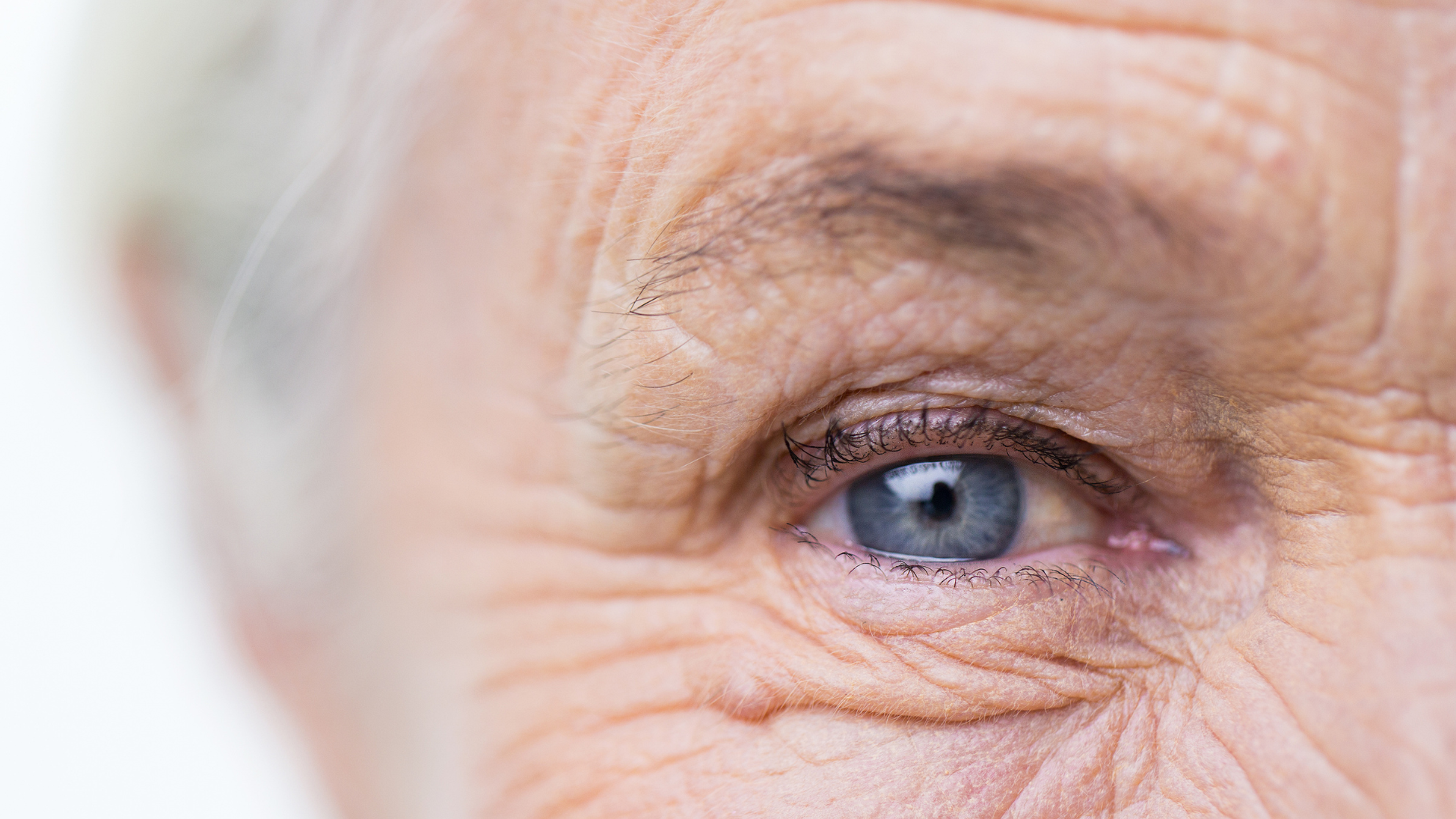The Connection Between Clear Vision and Cognitive Health

Most of us rely on our vision every day, whether we’re driving, reading, or simply enjoying time with loved ones. But what many people don’t realize is that eye health is not just about seeing clearly, it’s also deeply connected to your overall well-being, especially your brain health.
Neuro-ophthalmologist, Dr. Christine Greer, MD, MS, explains how vision problems can impact everything from memory to safety, and offers practical steps you can take to protect your eyes, and your mind, as you age.
Why Eye Health Matters More Than You Think
Your vision plays a central role in your quality of life. From preventing falls to maintaining social connection, good eye health is linked to both physical and cognitive wellness.
“Having good vision reduces the risk of falls in older individuals and keeps you engaged with the world,” says Dr. Greer. “It can really improve the quality of life for people in their later years.”
In fact, research shows that poor vision can significantly increase your risk for cognitive issues. Individuals with untreated vision problems face:
- A 9x higher risk of developing Alzheimer’s disease
- A 5x higher risk of cognitive impairment
- Lower memory scores compared to those who maintain healthy vision
In fact, cataract surgery has been shown to boost memory scores and even increase brain volume in some individuals.
Habits That Support Lifelong Eye Health
Beyond your annual eye exam, there are several simple things you can do to keep your eyes healthy and your vision sharp:
- Use lubricating eye drops to prevent dryness
- Apply warm compresses to soothe tired or irritated eyes
- Stay hydrated and get consistent sleep
- Take eye-specific vitamins that include antioxidants like lutein and zeaxanthin
- Wear sunglasses, especially in sunny climates, to protect against UV damage that can lead to macular degeneration and cataracts
“UV light increases your risk of macular degeneration and cataract formation,” says Dr. Greer. “Sunglasses are an easy, effective way to protect your vision.”
The Most Common Age-Related Eye Conditions
As we get older, certain eye conditions become more common, but early intervention can make a huge difference.
Dry Eye
Dry eye is one of the most frequent complaints in older adults and can cause blurry vision, irritation, and a gritty feeling.
If over-the-counter lubricating drops don’t bring relief, talk to your eye doctor. “There are prescription medications that help your eye produce its own natural tears,” says Dr. Greer.
Cataracts
Cataracts develop when the lens of the eye becomes cloudy, often due to aging, smoking, diabetes, or certain medications like steroids.
Symptoms can include:
- Blurry vision
- Difficulty seeing at night
- Faded colors
- Increased sensitivity to light
“If you have a cataract that is viewed to be problematic and affecting your daily activities, then you would require a surgery,” says Dr. Greer. Fortunately, cataract surgery is a routine outpatient procedure with minimal downtime.
Glaucoma
Glaucoma damages the optic nerve and typically affects peripheral (side) vision first. Because it progresses slowly and often without symptoms, many people don’t know they have it.
“Most individuals who have early glaucoma do not know,” says Dr. Greer. “That's why it’s so important to get regular eye exams.”
When caught early, glaucoma can often be managed with medicated eye drops that lower eye pressure and slow the disease’s progression.
Macular Degeneration
Macular degeneration affects the central part of the retina and can make tasks like reading and driving more difficult. The condition can start as minor visual changes and progress to missing spots in your central vision.
There are two forms:
- Dry macular degeneration: causes gradual changes and is more common
- Wet macular degeneration: involves bleeding from abnormal blood vessels and can progress rapidly
“Thankfully, there are treatments for that and we can use medicines to prevent the bleeding from getting worse or to cure the bleeding,” says Dr. Greer.
The Bottom Line
Your eyes are more than a window to the world, they're closely tied to your overall health, especially as you age. Vision issues can increase the risk of falls, impact your independence, and even accelerate cognitive decline.
But the good news is, many eye conditions can be prevented or managed with regular care and a few daily habits. Staying proactive about your eye health can help you protect your vision, preserve your brain health, and maintain your quality of life well into your later years.
To learn more about the connection between eye health and brain health, watch our full conversation with Dr. Christine Greer in the video above.
By Alicia J. Barber, PhD
Disclaimer
The Video and Written Educational Content included on this site is not intended to be a substitute for professional medical advice, diagnosis, or treatment. Always seek the advice of your physician or other qualified health provider with any questions you may have regarding a medical condition. Never disregard professional medical advice or delay in seeking it because of something you have read or seen on the Site.
The information contained in the Educational Content posted represents the views and opinions of the individual in the recording and does not necessarily represent the views or opinions of IND. The mere appearance of Educational Content on the Site does not constitute an endorsement by IND or its affiliates of such Content.
The Educational Content has been made available for informational and educational purposes only. IND does not make any representation or warranties with respect to the accuracy, applicability, fitness, or completeness of the Content. IND does not warrant the performance, effectiveness or applicability of any sites listed or linked to in any Content. IND hereby disclaims any and all liability to any party for any direct, indirect, implied, punitive, special, incidental or other consequential damages arising directly or indirectly from any use of the Content, which is provided as is, and without warranties.